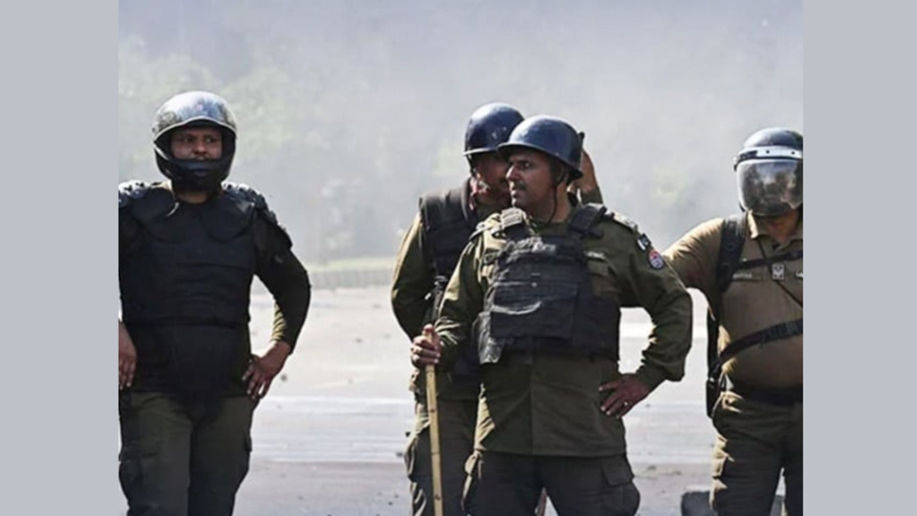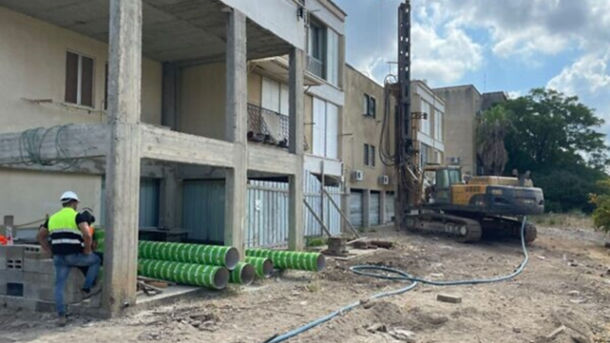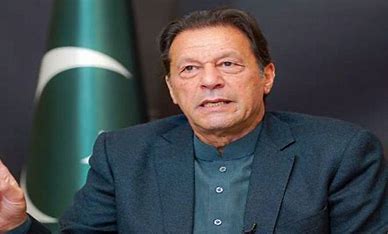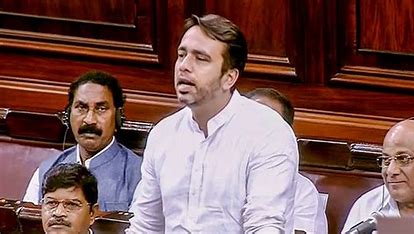
Around the world, law schools serve as the gatekeepers for the legal profession. One of the things contributing to the problem in legal education is the skyrocketing cost of tuition at law schools in several nations, including India. As a fundamental component of the social structure, a country’s legal system reflects the political, cultural, social, and economic aspects of its society. “Law is what the lawyers are, and the law and lawyers are what the law schools make them,” is a concise way to describe how legal education contributes to the development of the legal system.
Do a select few who can afford it have the luxury of receiving legal education from nationally renowned institutions? As much as feasible, the study of law should be encouraged without unjustified interference. Unfortunately, not everyone has access to high-quality legal education in India’s law schools. Law schools worldwide have surmised that reform is necessary in the field of legal education due to the crises caused by the skyrocketing cost of legal education and the deteriorating employment prospects.
National law Schools and financial restraint
Through the National Law School of India University Act, the state of Karnataka created the first NLU, NLSIU. Given the NLU model’s success, numerous additional NLUs have been founded, bringing the total number of NLUs in India to 26. The goal of the NLU model is to provide a legal education framework that is thought to be adequate for developing professionals who can adapt to the changing needs of the legal industry both domestically and abroad. The NLUs have drawn criticism for fostering privilege and being inaccessible to the masses. The Ministry of Statistics and Program Implementation projected India’s per capita income in 2024 to be Rs 1,84,000. For NLUs, the average annual tuition fee is more than Rs 2,00,000; the highest is Rs 3,75,500 for NLSIU, Bangalore. This cost does not include the costs of housing, food, security deposits or miscellaneous feed that students must pay.
More than half of the first-year students at the top five National Law Institutes (NLUs) came from wealthy families making at least Rs 10 lakh, according to a poll done by IDIA among first-year students at nine NLUs. Most of the students (almost 31%) came from homes where someone was employed by the government, with 12 percent in the civil service and 19 percent in other government jobs. Business (22%), health/engineering (20%), and education (12%) were the other top categories.
Students from low-income families are unable to pay for their legal education, unless they take out student loans. Low-income students are under-represented in the legal education field.
Every prospective law student aspires to attend one of the top legal education institutions. The most discouraging issue that prevents worthy students from being accepted into an NLU is the financial load they would have to bear. Legal education at NLUs is only available to those who can pay it. This begs the important question of whether the present financial strain on students will likely continue to sustain the social segregation based on financial position.
Societal Responsibility
Plato’s statement, “We need to educate and retrain the best lawyers to get the nation to the zenith of greatest administration of justice,” has greater resonance in modern-day India. It is the social duty of the legal profession to enlighten society by their actions and conduct. The “Rule of law,” which is the cornerstone of modern democracy, is measured by the standards of legal education.
The “broader social role” of the NLUs is called into doubt by the exorbitant price structure. Students are taught how to live in social order through educational institutions. Legal education is regarded as “a means of social regulation” and “a tool for social transformation.” There has been discussion on how globalisation affects underprivileged groups and whether it is inclusive. In the context of globalisation, the law has been called upon to fulfil specific obligations to society, and solicitors are expected to be the change agents and engineers of society. When the law is used for social engineering, it is a tool for social design.
Opinion
The Bar Council of India, State Bar Councils, the University Grants Commission, and the Union and State governments are all accountable for raising the bar for legal education in India. These organisations must work together and consider offering all available resources, both human and financial, to guarantee that everyone has access to legal education.
A society’s cultural, social, political, and economic characteristics are reflected in its legal system, which together make up its social structure. Since legal education would reflect the socioeconomic structure of the country, it is essential that all facets of society have access to it.















